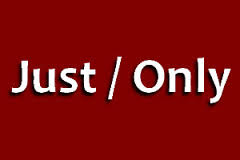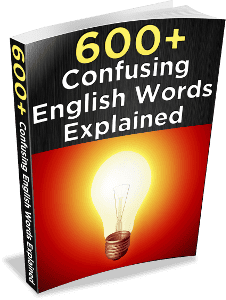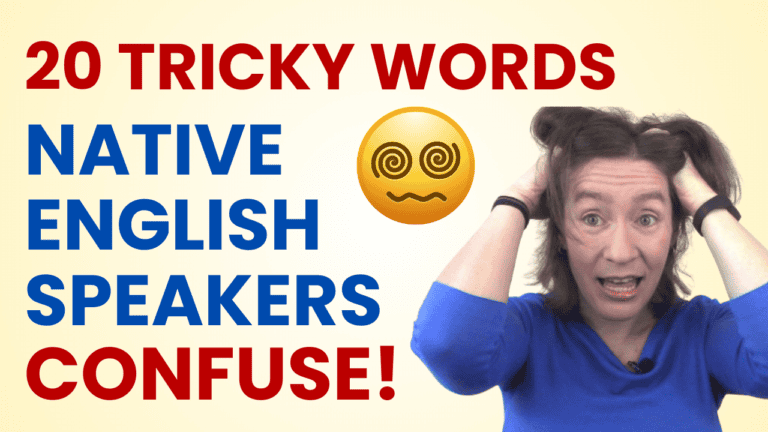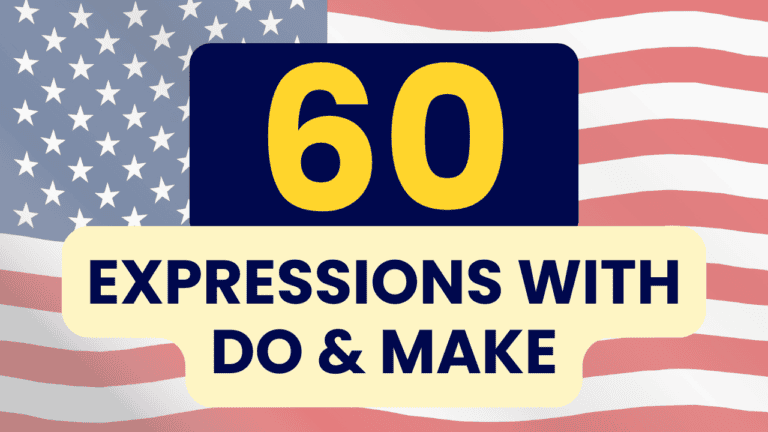
 This is a free sample from the e-book 600+ Confusing English Words Explained. It will help clear up your doubts about how to use English words correctly, so that you can speak and write more confidently. Click here for more information!
This is a free sample from the e-book 600+ Confusing English Words Explained. It will help clear up your doubts about how to use English words correctly, so that you can speak and write more confidently. Click here for more information!Just
The word “just” has several possible definitions:
1) Recently
- Be careful – I just washed the floor, and it’s still wet.
(= I washed the floor a few minutes ago) - He just finished a big project.
(= he finished the project very recently)
2) Only
- I have just one brother. (= I have only one brother)
- I thought you were hungry, but you ate just half of your sandwich.
(= you ate only half of your sandwich, and no more)
Only
The word “only” can be replaced with “just” in most situations:
- Only two students came to class on the day before Christmas.
= Just two students came to class on the day before Christmas. - My kids only use the internet for schoolwork, not for playing games.
= My kids just use the internet for schoolwork, not for playing games.
In the expression “If only…” you can use “just” if you change the structure a little bit:
- If only I had studied harder. I would’ve passed the test.
= If I had just studied harder, I would’ve passed the test.
“Only” and “just” are interchangeable with definition 2 of “just,” but not with definition 1.
- Definition 2 – Same meaning
We have just one daughter. = We have only one daughter. - Definition 1 – Different meanings
I just washed the floor (a few minutes ago)
I only washed the floor (and I didn’t wash the table)
However, it also depends on the context:
“Did you clean the whole house?”
“No, I just washed the floor” (= I only washed the floor).
“Why is the floor wet?”
“Because I just washed it”
(= I recently washed it. In this case, you can’t use “only”)
Word order
When you use “just,” the word order matters:
- I just ate two pieces of pizza. ( = I recently ate two pieces of pizza)
- I ate just two pieces of pizza ( = I ate only two pieces, not 3 or 4 or 5)









